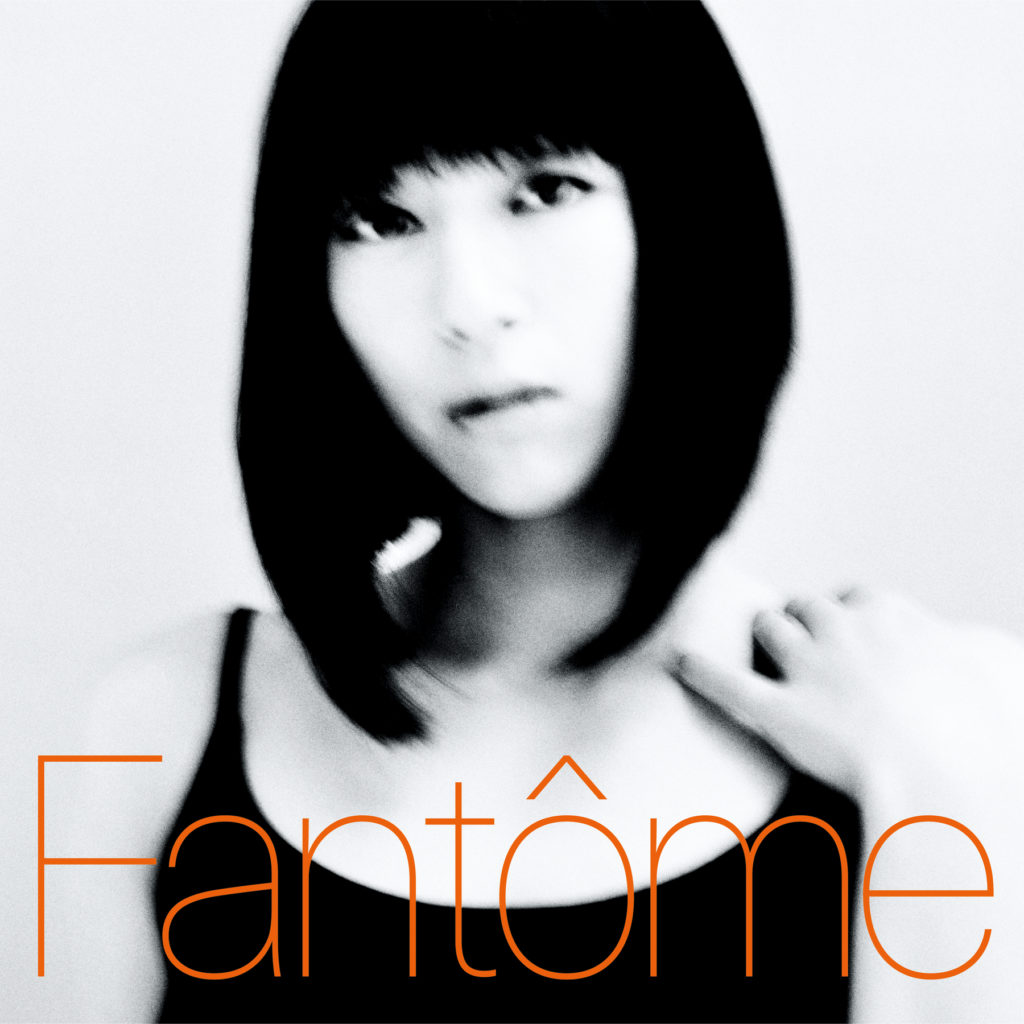#NerdMusicMonday: The Return of Utada Hikaru

Welcome to #NerdMusicMonday, where we feature some of the greatest geek-inspired music to start your week on the right note. We also review geek-inspired music things that we see floating around the Internet, for better or worse.
We previously reported that Utada Hikaru would be releasing a brand new album after an extended hiatus from the entertainment industry. Of course, fans of Square Enix’s Kingdom Hearts series were already anticipating the possibility of her return, owing to the impending release of Kingdom Hearts III, as she previously provided the themes for Kingdom Hearts and Kingdom Hearts I – with variations of both “Hikari”/”Simple and Clean” and “Passion”/”Sanctuary” being used for the side-titles.
In the years since her last album – This is The One, released in 2009 – and the singles that followed after, she seemingly dropped out from the spotlight. Unsurprising, as her 2010 hiatus was her very first since debuting at sixteen. In the intervening years since she announced her hiatus, she separated from her husband of eight years. She also faced tragedy in the death of her mother in 2013, found love again, and gave birth to a son.
Her hiatus didn’t mean she stopped making music though, with several singles cropping up along with a documentary. Upon the release of “Hanataba wo Kimi Ni” for the drama Toto Nee-chan in January, her website also announced her official return to the industry, and the result of that is Fantôme.
The choice of “Ghost” in French as an album title was a curious thing, and yet it spoke volumes about what one should expect from it. The album cover itself is already haunting in its blurred out quality and eerie in that she so resembles her late mother, Enka singer Fuji Keiko.
Included in the album are the singles previously released over the course of her hiatus; “Sakura Nagashi” from Evangelion 3.0: You Can (Not) Redo, “Manatsu No Tooriame” from NEWS ZERO, and “Hanataba wo Kimi Ni”.
On the losses
When I was listening to the album, “Michi”, “Tomodachi”,”Ni Jikan Dake no Vacance”, “Kouya no Okami”, and “Jinsei Saikou No Hi” were perhaps the most upbeat songs in terms of general sound. It was difficult to keep listening and not attempt to look up the lyrics of every song, owing to the fact that my Japanese is excruciatingly limited. It wasn’t until I did look up the lyrics that the songs became so much clearer to me. It was my error going into the album thinking that her sound would be similar in tone to her previous works, and I failed to realize that so much about her had changed.
While I’d made the connection between the album cover, title, and that it had to do with her mother, I failed to realize that the album itself is a cohesive – albeit complex – view into how she’d dealt with the loss of her mother, the break she needed, and how she’d come back to making music. “Ningyo” sounds like a lullaby, but speaks towards loss and never seeing someone again. By the same token, “Manatsu No Tooriame” is simple in acknowledging the feelings brought up in “Ningyo”.
“Bokuyaku”, on the other hand, is far removed from anything I’d listened to from her. In this collaboration with KOHH – a rising star in the Japanese rap scene – I could feel the frustration and anger, the denial stemming from loss. It’s grim, and the not!angry but totally angry song that one might sing at a point when they finally decide to be free of it all.




